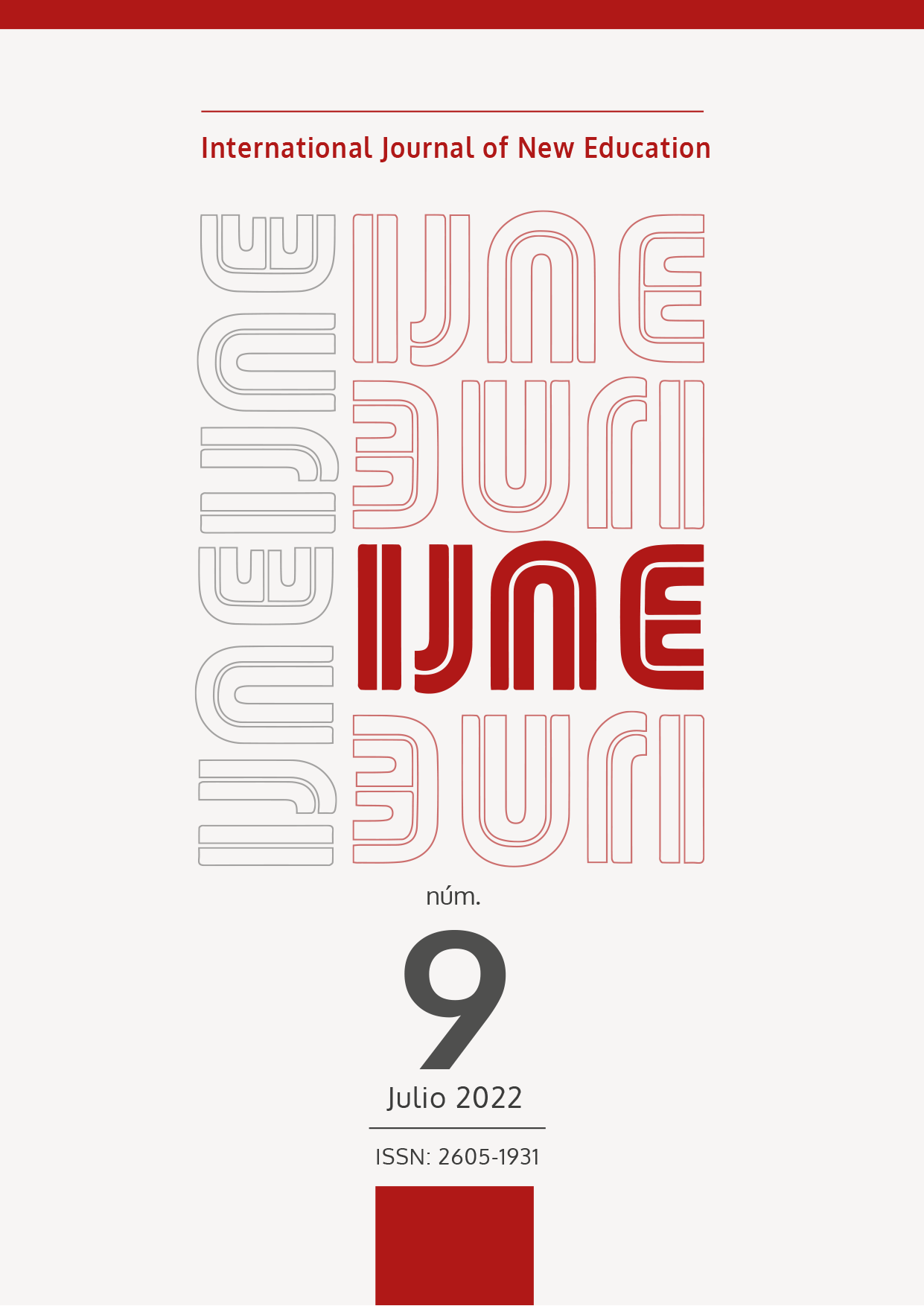Virtual education and student satisfaction in Israel University of Technology's virtual courses
DOI:
https://doi.org/10.24310/IJNE.9.2022.14248Keywords:
Educational evaluation, Educational planning, Student satisfactionAbstract
The COVID-19 pandemic changed educational processes worldwide to a fully virtual mode. Many educational institutions were not prepared for this change including Israel University of Technology. Around the world, many educational institutions including UISRAEL changed their distance learning format from blended learning to fully online education, creating a challenge for students and teachers. In this sense, the institution is implementing ICT as a teaching-learning resource as part of its methodology. In this research it was determined what kind of relationship exists between virtual education and student satisfaction in virtual engineering courses at UISRAEL. For the development of the research, students were considered to voluntarily respond to a survey designed to study the variables mentioned. To evaluate the results, the variables were operationalised according to dimensions, indicators, items, measurement scales and ranges. The results obtained generally indicate a high valuation of the variables virtual education and student satisfaction at UISRAEL.
Downloads
Metrics
Publication Facts
Reviewer profiles N/A
Author statements
Indexed in
-
—
- Academic society
- N/A
- Publisher
- Universidad de Málaga
References
Arras Vota, A. M. D. G., Gutiérrez Diez, M. D. C., & Bordas Beltrán, J. L. (2017). Escenarios de aprendizaje y satisfacción estudiantil en posgrado virtual 2010, 2014 y 2015. Apertura Guadalajara, Jal., 9(1), 110-125.
Bonilla, J. (2020). Las dos caras de la educación en el COVID-19. CienciAmérica, 89-98.
Bonilla, L.A.; Deliberación entorno a la Educación Virtual, http://revistas.uv.mx/index.php/IS/article/view/1112, Interconectando Saberes, 1(1), 77-89 (2016)
Cacheiro, M. (2011). Recursos educativos TIC de información. Revista de Medios y Educación, 69-81.
Cauas, D. (2015). Definición de las variables, enfoque y tipo de investigación. Bogotá: biblioteca electrónica de la universidad Nacional de Colombia, 2, 1-11.
Expósito, C., & Marsollier, R. (2020). Virtualidad y educación en tiempos de COVID-19. Un estudio. Educación y Humanismo, 1-22.
Garbarini, L., & Quiroga, M. S. (2021). Los desafíos de la enseñanza universitaria en la pospandemia. Viento Sur UNLa.
Hernández Sampieri, R., Fernández Collado, C., & Baptista Lucio, P. (2014). Metodología de la investigación (6a. ed. --.). México D.F.: McGraw-Hill.
Martínez, J., & Jacqueline, G. (2020). Competencias digitales docentes y el reto de la educación virtual derivado de la covid-19. Educación y Humanismo, 1-16.
Reynolds, P. D. (1971). A Primer in Theory Construction. Indianapolis: The Bobbs-Merrill Company.
Valderrama M., S. (2015). Pasos para elaborar proyectos de investigación científica. Lima: Editorial San Marcos.
Downloads
Published
How to Cite
Issue
Section
License
Las obras se publican en edición electrónica bajo una licencia Creative Commons Reconocimiento-NoComercial 4.0 España: se pueden copiar, usar, difundir, transmitir y exponer públicamente, siempre que:
a) Se cite la autoría y la fuente original de su publicación (revista,
editorial y URL de la obra.
b) No se usen para fines comerciales.
c) Se mencione la existencia y especificaciones de esta licencia de uso.
Será responsabilidad exclusiva de los autores obtener los permisos necesarios de las imágenes que estén sujetas a derechos de autor.










16.png)
